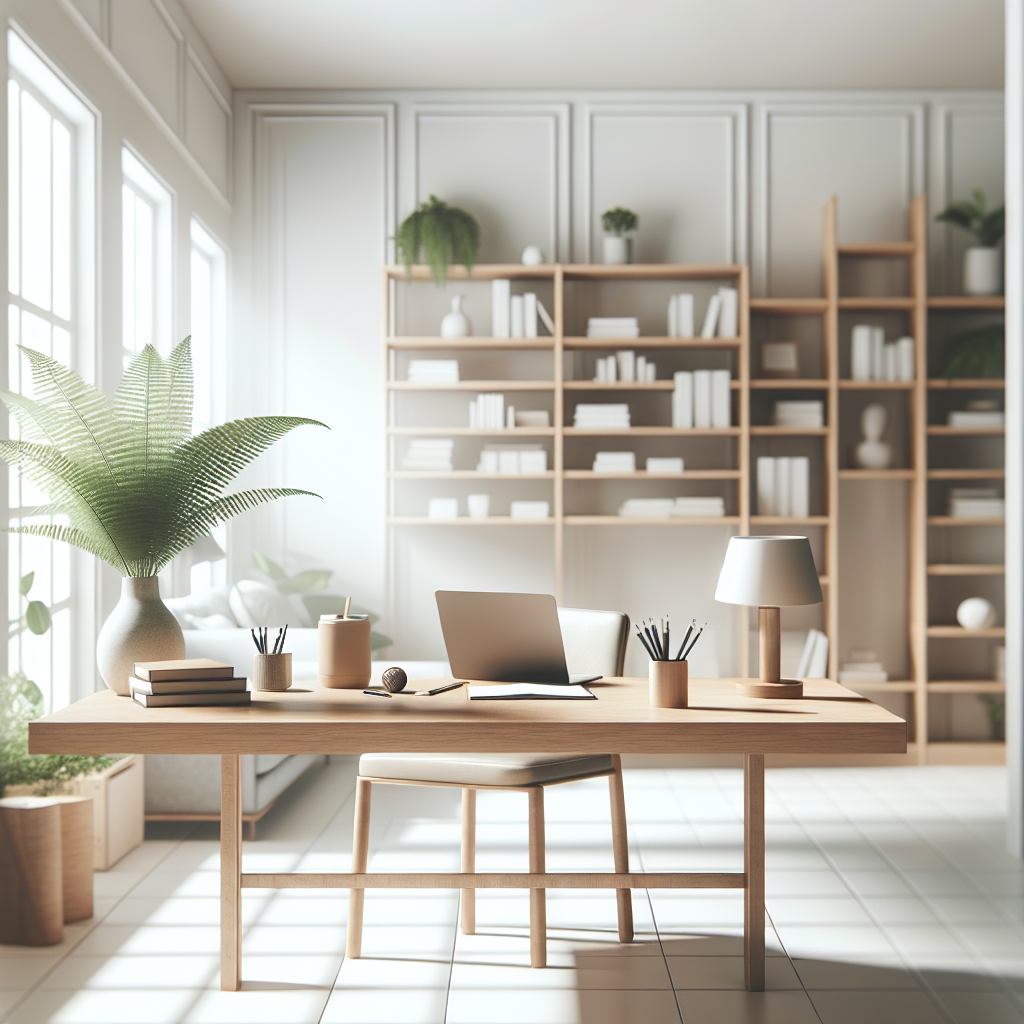In today’s fast-paced world, the quest for productivity has led many to reconsider their lifestyle choices, particularly in terms of possessions. The concept of owning less productivity is gaining traction as individuals and businesses alike discover that having fewer belongings can actually lead to more efficient, focused, and meaningful work.
The Psychological Benefits of Minimalism
At its core, minimalism is about more than just getting rid of stuff. It’s about prioritizing what truly matters, thereby reducing stress and distraction. Psychologists suggest that clutter can significantly affect our anxiety levels, sleep, and ability to focus. Dr. Sherrie Bourg Carter writes in Psychology Today that clutter bombards our minds with excessive stimuli, causing our senses to work overtime on stimuli that aren’t necessary or important.
When you reduce the number of possessions you own, you minimize these distractions and create a serene environment that is conducive to productivity. It’s not just about physical space; it’s about creating mental space as well. This shift can lead to improved concentration and a sharper focus on tasks at hand.
Time Management and Efficiency
Owning less productivity also translates into better time management. Fewer possessions mean less time spent cleaning, organizing, and maintaining things. This additional time can then be redirected towards more productive activities or even leisure, which in itself can recharge your mental batteries and boost overall productivity.
A study by the National Association of Professional Organizers found that clutter can lead to procrastination and generally makes people less productive at home and in their work environments. Therefore, embracing minimalism can be seen as a practical approach to enhance workflow and efficiency.
Case Studies and Real-Life Applications
Many companies are applying the principle of minimalism by adopting clean desk policies and digitizing documents to reduce physical clutter. For instance, tech giants like Google and Apple emphasize sparse, clean workspaces to promote an uncluttered mind, encouraging creativity and innovation.
Individuals who have adopted a minimalist lifestyle report benefits such as increased energy, less stress, and a greater sense of freedom. These anecdotes are supported by research from Princeton University Neuroscience Institute, which suggests that physical clutter negatively affects your ability to focus and process information.
Economic Benefits of Owning Less
Beyond productivity, there are economic advantages to owning less. Minimalism often leads to reduced spending on non-essential goods, which can translate into more savings and financial security. This financial buffer can reduce stress, which in turn improves cognitive function and productivity.
Moreover, a minimalist approach can lead to sustainable living practices. By consuming less, you contribute less to landfill waste, reduce your carbon footprint, and promote environmental sustainability, which has its own psychological rewards.
How to Start Embracing Minimalism
If you’re looking to boost your productivity by owning less, start small. Begin by decluttering your workspace or home office. Identify items that you haven’t used in months and assess whether you really need them. Gradually expand this practice to other areas of your home and life.
Embracing digital tools can also help. For example, instead of physical books, consider e-books or audiobooks. Digitize documents instead of keeping physical files to not only save space but also improve data retrievability and security.
In conclusion, the move towards owning fewer possessions can have a profound impact on productivity and well-being. It’s about making more room—not just in your physical space, but in your mind and schedule—to focus on what’s truly important. As we continue to navigate a world where the push for productivity is ever-present, perhaps it’s time to consider that less might indeed be more.


